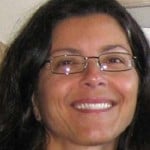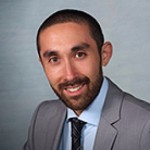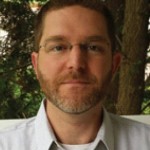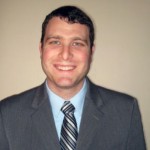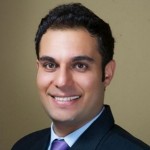 The ME-EM Graduate Seminar speaker on Thursday, October 15 at 4:00 in 103 EERC will be Mehdi Maasoumy, PhD Candidate from University of California at Berekley.
The ME-EM Graduate Seminar speaker on Thursday, October 15 at 4:00 in 103 EERC will be Mehdi Maasoumy, PhD Candidate from University of California at Berekley.
The title of his presentation will be ‘A Contract-Based Framework for Integrated Demand Response Management in Smart Grids’.
As a complex cyber-physical system, smart grid involves three closely-related subsystems – the operating system and control algorithms, the physical components and devices, and the sensing and computation devices or embedded implementation platform. In the traditional top-down approach, the control algorithm, the physical components, and the embedded platform are designed separately leading to suboptimal systems. Smart grid ecosystem has been going through major upgrades in three verticals: 1) new hardware such as solar panels, wind generation turbines, and plug-in electric vehicles, 2) new sensing devices such as smart meters and smart thermostats, and 3) new communication and computation infrastructure such as the broadband two-way communication and cloud computation. Consequently, these breakthroughs in hardware and software have paved the way for new operational schemes, such as automated demand response and ancillary service from some unlikely sources such as buildings.
In this new paradigm, buildings are beginning to play new roles in the operation of the smart grid as entities for trading energy in real-time. As a result, the need for re-designing the smart grid architecture and operation is more apparent than ever. We propose an operating system that aggregates all the data from disparate data sources across the whole smart grid value chain, applies analytics on the data. The proposed operating system leverages a dynamic contractual framework that in real-time analyzes the requirements of the grid on one side, and requirements of the building on the other side and performs optimal operation of the whole system while taking into account the constraints of all the components of the grid from buildings to electric vehicle charging station all the way up to the generation units.
Mehdi Maasoumy is a Senior Data Scientist at C3 Energy where he is responsible for developing machine learning algorithms for smart grid applications both in supply side such as revenue protection and load forecasting, and in demand side such as energy disaggregation and customer segmentation. He received his PhD from University of California at Berkeley in 2013. His PhD research involved Model Predictive Control, Machine Learning and Optimization, applied to Cyber-Physical Systems specifically energy systems.
He worked on smart buildings control systems, optimal resource allocation in smart grid and aircraft electric power distribution systems during his PhD. He has authored more than 30 peer-reviewed conference and journal papers and a book chapter in the area of optimal control and machine learning applied to cyber-physical systems such as power systems. He has won several academic awards. He is the recipient of the Best Student Paper Award at the International Conference on Cyber-Physical Systems (ICCPS 2013), Best Student Paper Award finalist at the ASME Dynamic Systems and Control onference (DSCC 2013), and Best Student Paper Award finalist at the IEEE American Control Conference (ACC 2014). He serves on the technical program committee of several academic conferences such as IEEE Green Energy and Systems Conference (IGESC) and IEEE International Symposium on Nano-electronic and Information Systems (iNIS) and IEEE Silicon Valley Computer Society.
